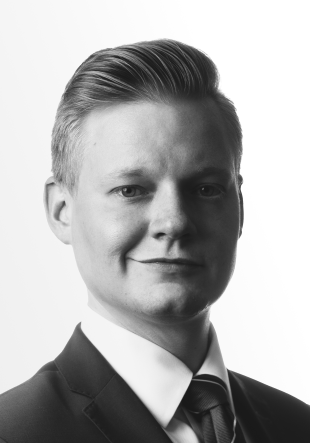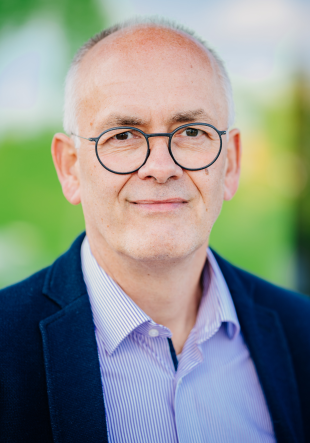Paderborn University scientists publish study in specialist journal
Anyone who has ever taken photos with a mobile phone in a dark room will be familiar with the problem: the images become blurry. In science, this is known as noise. What bothers amateur photographers also affects researchers at work. Instead of photos, however, the measurement data is noisy - it loses its informative value. This also applies to special, highly developed CCD (charge-coupled device) cameras, which are used in medical applications, astronomy or transmission electron microscopy. Scientists at Paderborn University have got to the bottom of the problem and used statistics to analyse how these phenomena can best be described. The results, which have now been published in the journal "Scientific Reports", part of the Nature portfolio, could ultimately contribute to noise reduction in many fields such as biology, chemistry or medicine.
"We have investigated the noise statistics of detectors in detail and created methods with which we can determine the noise behaviour in the best possible way," explains Christian Zietlow from the Paderborn group "Nanostructuring-Nanoanalytics-Photonic Materials". The team regularly analyses the smallest particles and structures for their physical properties using a transmission electron microscope (TEM). To do this, images are captured using highly accelerated electrons instead of light. "However, there are many materials, such as polymers or biological structures, that react very sensitively to electron bombardment and are quickly damaged. If you want to look at such materials in the TEM, you have to use short beam durations. This is important because damage to the material massively alters the results and renders the measurements useless. And this is where we come back to the core of the problem, the noise," explains Zietlow.
However, short beam durations are to scientists what dark rooms are to amateur photographers: a problem that leads to inaccuracies. But there is a remedy, because according to Zietlow, the noise is based on measurable laws. "The knowledge of these statistics can be used to remove the noise from the images. But for this to work, you have to be able to understand and record these noise statistics." This is where the current study by the Paderborn scientists comes in. Zietlow and working group leader Prof Dr Jörg Linder show how the various physical effects and properties of CCD cameras affect the noise statistics. In the article, the two physicists explain how the important noise parameters can be precisely measured. From the behaviour, they can draw conclusions about so-called non-linearities of the detector, which can then be corrected. Zietlow: "These non-linearities ensure, for example, that bright fields of the measurements are distorted in their intensity compared to the darker ones. This can be a major problem for precise measurements, as ratios would be incorrectly estimated without this knowledge."
Sound knowledge about the noise of a measurement is not only crucial for assessing its quality and significance, but also enables improved post-processing methods. According to Zietlow, the work can help to ensure that measurement results on CCD cameras can be interpreted much better in future and that annoying noise can be better eliminated. "These results are not only important for us in Paderborn, but also for research groups from all over the world - physicists, chemists, biologists, doctors and engineers - who can use them to achieve significantly better analysis results from the TEM," says the scientist.
The article is available online .
This text was translated automatically.



